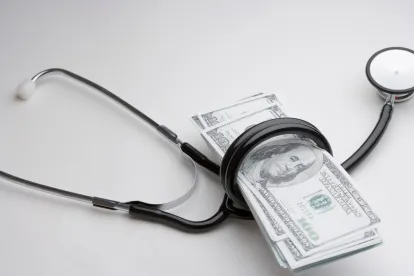Effective July 28, debt collectors licensed in Washington will be subject to new requirements when collecting medical debt.
Substitute House Bill 1531, signed into law by Washington Governor Jay Inslee on April 30, amended the state’s debt collection law that requires debt collectors to be licensed by adding certain substantive requirements along with a definition of “medical debt.” The amendments define “medical debt” as “any obligation for the payment of money arising out of any agreement or contract, express or implied, for the provision of health care services as defined in RCW 48.44.010.” Pursuant to RCW 48.44.010(10), “health care services means and includes medical, surgical, dental, chiropractic, hospital, optometric, podiatric, pharmaceutical, ambulance, custodial, mental health, and other therapeutic services.”
When collecting medical debt, licensed collectors will be required to do the following:
-
In the initial written notice to the debtor, include a statement informing the debtor of his or her right to request the original or redacted account number assigned to the debt, the date of the last payment, and an itemization containing specified information, including the name and address of the medical creditor, the date, dates, or date range of service, and the health care services provided as indicated by the provider in a statement provided to the licensee. All collection efforts must cease until the itemization is provided.
-
Wait at least 180 days after receiving the original obligation for collection or by assignment before reporting adverse information to consumer reporting agencies
-
If the medical debt involves hospital debt, include a statement regarding the debtor’s possible eligibility for charity care from the hospital and hospital contact information and refrain from attempting to collect the debt during the pendency of an application for charity care or an appeal from a final determination of charity care status.
The amendments also limit the annual rate of prejudgment interest that can be charged on medical debt to nine percent and further provide that for any medical debt “for which prejudgment interest has accrued or may be accruing as of [July 28], no prejudgment interest in excess of nine percent shall accrue thereafter.”



 />i
/>i

